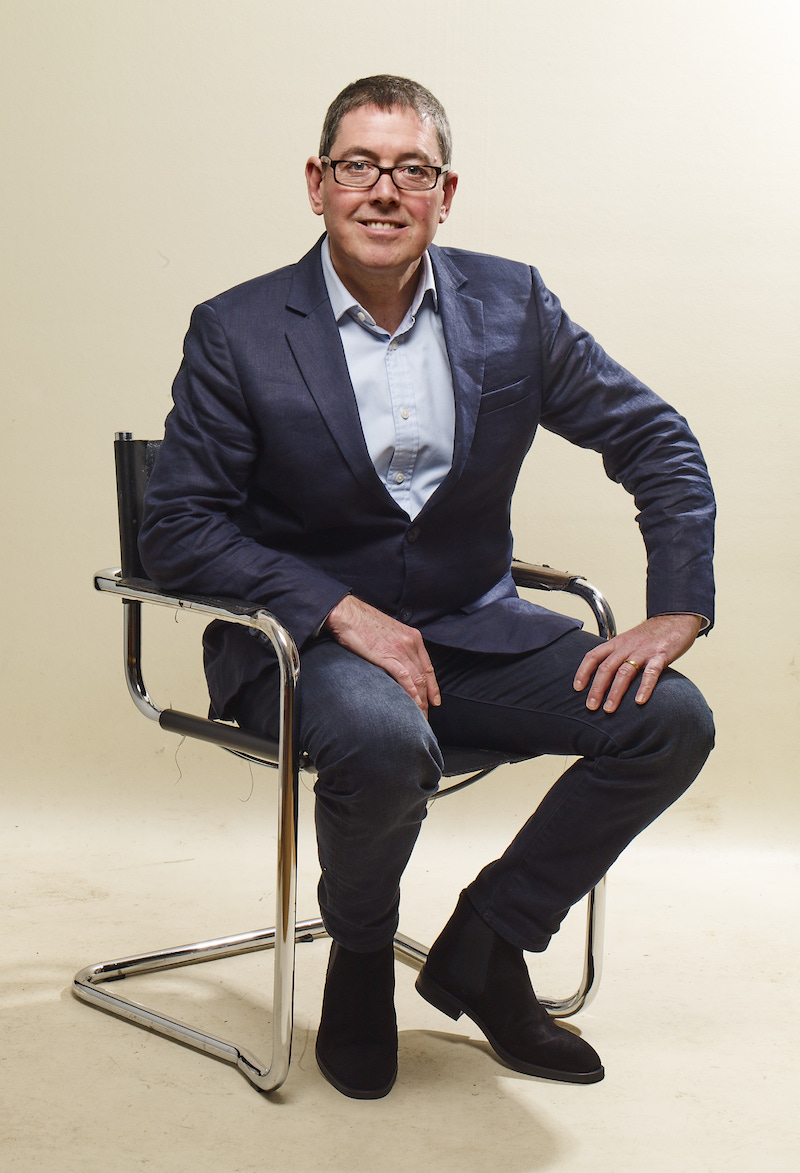A recent survey by Young Minds showed that the pandemic has put a huge strain on many young people who were already struggling with their mental health, because of traumatic experiences, social isolation, a loss of routine and a breakdown in formal and informal support.
69% of respondents described their mental health as poor now that they are back at school
The survey highlighted positives for mental health in the initial return to school, such as seeing friends, having a routine, and seeing their teachers. However, many said that the rapid return to academic pressure, after six months away, was having a negative impact.
We asked performance coach Tim Smale, to answer this month’s Big Question.

Q. How do we safeguard the mental health of the next generation?
“As a performance coach who uses hypnosis techniques to improve the performance and wellbeing of both corporate and private clients I have seen a worrying rise over the last few years of anxiety and stress based conditions. Even more worrying has been the exponential rise in teenage clients (usually sons and daughters of the above clients) presenting with depression, anxiety disorder, suicidal thoughts and lots of self-harm. It doesn’t perhaps take a genius to work out that with the uncertainty of Covid, schools closing, exams cancelled, learning moving to online, social activity reduced and the increased reliance on social media has created such an increase in mental health issues. Throw in a bit of global warming, Brexit and Trump for good measure and we have a near perfect storm. I don’t need to sensationalise the impact this is having and there was nothing in Netflix’s The Social Dilemma that I (and most of us) didn’t already know. But we are galloping into another pandemic which may have even greater long-term impact than Covid.
Now there are plenty of champions for better mental health. I am pretty cynical about the rush to grandstand on the subject from certain quarters for the sake of some positive PR, but I still don’t see a structured policy initiative that addresses the issue properly. We know the shortcomings of an overstretched, underfunded national health service, struggling with a backlog of cancelled procedures and appointments even before Covid and lockdown. So, it is unrealistic to expect a surge in funding anytime soon for the woefully inadequate mental health part of that service.
In eastern cultures mind and body are inextricably linked. Sadly, not so here. I recently spoke to a GP struggling with ‘overwhelm’, caused inevitably by the juggling of a busy home life (three young children) and a sea of depressed, unhappy patients ten minutes at a time, day after day. After a brief diagnostic conversation, I asked what he would recommend to a patient presenting with similar symptoms. His reply predictably was “probably a mixture of anti-depressants and some NHS backed talking therapy”. I asked if he had pursued either option but sadly he didn’t want the stigma of medication (or the record of it) and he didn’t rate the Cognitive Behaviour Therapy (CBT) option because it would take too long, the waiting list was enormous and he didn’t think it would work. So, there we have it. What hope do our kids have? Medication masks the symptoms and doesn’t address the cause and CBT is slow, expensive and/or unavailable.
The next option of course is the plethora of mindfulness courses, sessions and apps. I am a big fan of mindfulness, but it can only go so far. Stilling the conscious mind against the bombardment of negative, catastrophic thoughts has to be a good thing. But it can only ever be a temporary reprieve. Practitioners will tell you that for maximum impact we should be meditating every day, and there are plenty of evangelists who do so. But the drop off rate is massive (over 90%). The reason why most of us give up is because the rewards are limited for the time and effort required.
Which brings me finally back to a rather unusual case for hypnosis as an alternative intervention for rapid behaviour change. It changed my life. It takes all the best science-based learnings from CBT and delivers a positive remedial message to the unconscious, whilst the conscious has been lulled (bored) into daydream and distraction. More to the point it is really quick. Changing negative limiting beliefs has become my passion over the last twenty years and it can massively improve the ‘lot’ of our children much more quickly than conventional western interventions.
I am currently offering free Zoom sessions (60 mins) for kids of existing corporate clients. But I also think I can build a pretty efficient downloadable product free for all teenagers, and not for profit with a bit of philanthropy. I don’t see the NHS funding crisis changing anytime soon so the future wellbeing of the next generation is in real danger. If you are interested in exploring a real meaningful legacy product (privately or corporately) I would love to hear from you, and so too, I guess would our kids”.
Tim Smale spent over 20 years working in some of the best media brand companies in the UK before creating Mindworks in 2001. In the last 20 years he has worked with Brit and Bafta winners, Strictly winners, golf, tennis and soccer pros helping individuals perform better and win more. He has also helped agencies retain/win over £800m billings in pitches with a 75% success rate. Since Covid-19 he has been dealing with an explosion of mental health issues amongst clients and the teenage generation.
